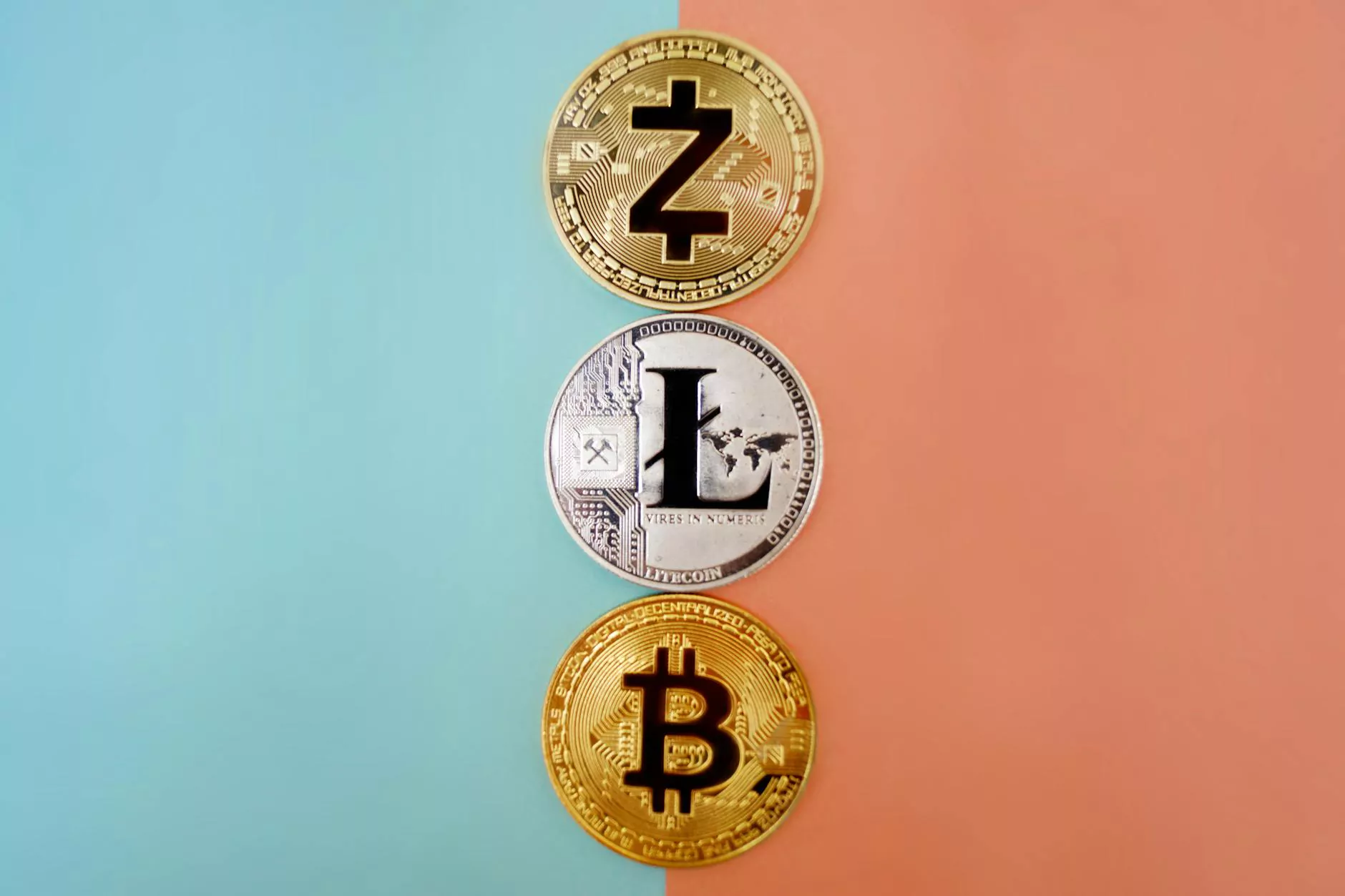The Rise of Fake Certification in Education and Professional Services

In today's competitive world, education and qualifications play a pivotal role in securing career opportunities and advancing in various professional fields. However, the surge in the use of fake certification has provoked a significant discourse on the integrity of educational credentials. This article delves deep into understanding the implications of fake certification, its underlying causes, and how individuals and organizations can navigate this complex landscape.
Understanding Fake Certification
Fake certification refers to forged documents that individuals may acquire to misrepresent their qualifications, skills, and abilities. These illegitimate certificates are often obtained through dubious means and can lead to serious repercussions in a professional environment.
Common Types of Fake Certifications
- Diplomas and Degrees: Forged diplomas from non-existent or accredited institutions.
- Professional Licenses: Counterfeit licenses required for various professions, such as medical practitioners or engineers.
- Training Certificates: Fake documents claiming completion of training or courses that were never attended.
- Membership Certifications: Certifications that falsely claim membership in professional organizations.
The Drivers Behind Fake Certification
Several factors drive individuals to seek fake certification, including:
1. Economic Pressures
The competitive job market often pressures individuals to enhance their resumes. Economic challenges may lead some to believe that a fake certificate could be their ticket to a better job or higher salary.
2. Employment Requirements
Many industries have stringent hiring criteria. Job seekers might resort to fake certifications when they lack the necessary qualifications or experience, erroneously thinking that a forged certificate will give them an edge over legitimate candidates.
3. Low Self-Esteem
Individuals with low self-confidence may pursue fake certifications to fill gaps in their knowledge or skills. They believe that possessing a certificate will boost their self-worth and credibility in their field.
4. Ease of Access to Resources
The internet has made it easier than ever to find services that offer fake certificates. Unscrupulous websites and organizations prey on individuals desperate for credentials, making it a viable solution for many.
Implications of Fake Certification
The use of fake certification can have far-reaching implications for individuals and the industries in which they operate.
1. Legal Consequences
Using or obtaining a fake certification can lead to legal repercussions, including fines and imprisonment. Many jurisdictions have strict laws against the use of forged documents, especially in professional fields that require specific licenses and qualifications.
2. Professional Repercussions
Individuals caught using fake certifications risk losing their jobs and being blacklisted by potential employers. The professional reputation built over years can be tarnished overnight, leading to long-term career impacts.
3. Impact on Industry Integrity
Widespread use of fake certification undermines the integrity of entire industries. Employers may become distrustful of legitimate credentials, causing legitimate applicants to face suspicion and skepticism.
How to Identify Fake Certifications
For employers and individuals alike, recognizing a fake certification is crucial to maintaining a reputable professional environment. Here are some tips:
1. Verify Educational Institutions
- Check if the institution is accredited and recognized.
- Contact the institution directly to validate the certificate.
2. Look for Inconsistencies
Examine the document for elements that may appear unprofessional or inconsistent, such as misspellings, incorrect logos, or unusual formatting.
3. Use Background Verification Services
Consider employing professional background verification services that can thoroughly check the legitimacy of certifications and qualifications.
Navigating the Landscape of Certification Responsibly
To protect themselves and their industries, individuals and organizations must approach the subject of fake certification with caution and responsibility. Here are some approaches to consider:
1. Prioritize Education and Training
Investing time and resources into obtaining legitimate certifications can yield long-term benefits. Not only does this build knowledge and skills, but it also enhances professional credibility.
2. Engage in Continuous Learning
Staying updated with industry trends and advancements is vital. Continuous education helps individuals remain relevant and reduces the temptation to resort to fake qualifications.
3. Foster an Honest Work Environment
For employers, creating a culture of transparency encourages employees to pursue legitimate paths to advancement. Recognizing and rewarding genuine efforts fosters trust and loyalty.
The Future of Certification and Education
The conversation surrounding fake certification highlights the need for improved certification processes and greater awareness. As technology evolves, so too does the landscape of educational verification.
1. Technological Solutions
Implementing blockchain technology and digital verification tools can help establish a more secure system for verifying educational credentials. Such innovations could drastically reduce instances of forgery and fraud in certification.
2. Policy Reforms
Governments and professional organizations must work together to strengthen the standards and processes surrounding education and professional certification. Stricter regulations can help deter the use of fake certificates.
3. Educating the Public
Raising awareness about the dangers and consequences of fake certifications is crucial. Educational institutions should inform prospective students about the importance of legitimate qualifications and the risks involved with obtaining fake documents.
Conclusion
The topic of fake certification extends beyond mere forgery; it encompasses significant implications for education, career advancement, and industry integrity. By understanding the motivations behind the demand for fake certificates and the consequences they entail, individuals and institutions can work towards fostering a more honest and credible professional landscape. Investing in genuine education, utilizing verification tools, and advocating for policy changes are essential steps in combating the challenges posed by fake certification.
As the business world continues to evolve, so too must our approach to qualifications and certifications. By prioritizing authenticity and integrity, we can all contribute to a more trustworthy professional environment.









